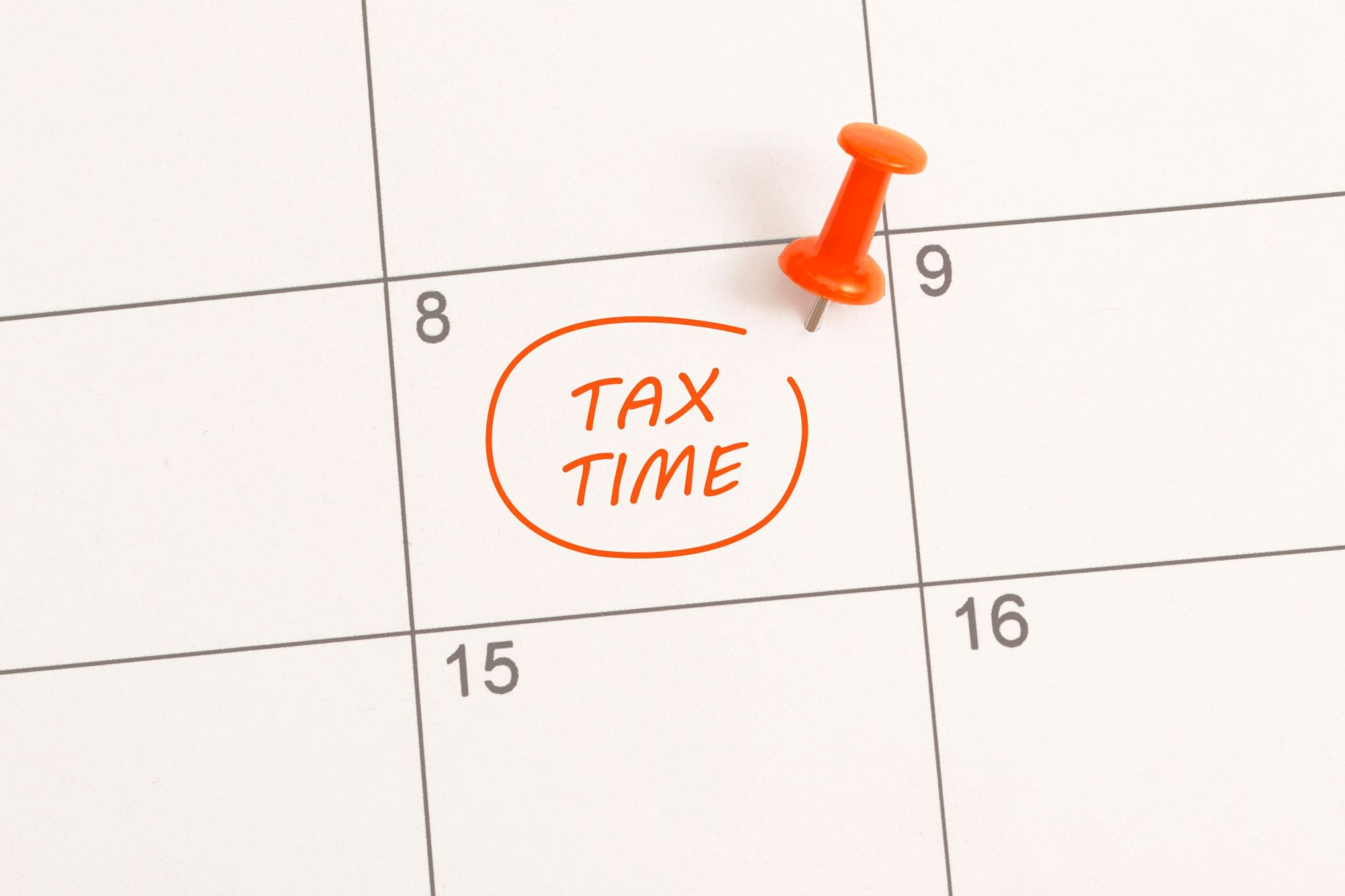
Tax 101: Tax Guide for Freelancers in Kenya
If you feel stuck this tax season, this tax guide for freelancers in Kenya is an excellent place to start.
The truth is that tax management is always overwhelming and problematic for many. There are different tax regimes and rules to follow lest the revenue authority comes for you. But it’s all doable, especially if you have the help of a professional bookkeeper or accountant. Numerous professionals offer their services, readily available on sites like Upwork, Fiverr or LinkedIn, or companies like Ushuru.
Income Tax for Employed Individuals Vs Freelancers
If you have been employed and only reported income from your employer, you already know your income tax is deducted at source. That tax, PAYE (Paye As You Earn) or PAYG (Pay As You Go) in some countries, is a form of Withholding Tax (WHT) that employers must deduct from one’s gross salary and remit to the country’s tax body. It’s usually a final tax, only requiring you to file taxes for the previous year to declare the last year’s earnings, e.g., filing 2022 income taxes on or before 30th June 2023.
Using Kenya as an example, your employer should know how much tax to deduct based on your earnings, deduct and remit to KRA. In addition to your monthly payslip, your employer must also issue you a P9 report at the end of the year or once you leave the company, even in the middle of the year. Ensure you request this as soon as you leave the company. You don’t have to wait until the end of the year.
The P9 report acts as a summary of your earnings and tax deductions for the year. It’s what you refer to when filing your annual taxes. All the details you need to file are there—no need for extra calculations on your end.
However, there are instances where you might have a debit or credit when filing. This occurs when there is a variance between the PAYE reported by your employer and what you are filing. The variance will trigger a refund from the revenue authority or tax liability for additional tax payment.
Still, having experienced both sides of employment and freelancing, filing taxes as an employee is less taxing (pun totally intended). The bottom line is that if that’s the only tax you are reporting when filing your annual income taxes, you simply have an easier time.
For professional freelancers and the self-employed gang, you must work a little harder to determine your annual tax liability. The taxation of your income is not treated the same as that of an employee that taxed at gross using a graduated scale. Instead, the revenue body, K RA in Kenya, taxes the net income, allowing you to deduct expenses from the gross revenue(more on this later).
Tax Guide for Freelancers in Kenya
Because you have no single employer and do not appear as a regular employee of the companies you work with, these companies cannot deduct PAYE from your pay. But that doesn’t mean they cannot withhold part of your pay.
KRA requires businesses to withhold a certain percentage from specific earnings. A good example is when you see firms withholding a certain percentage of your dividends and interest earnings from investments.
When dealing with consultants and freelancers, businesses will deduct a 5% WHT for the professional and management services offered. Take note of the keyword used here — services offered. It could include legal, accounting, auditing, bookkeeping, marketing, or IT services. If you are selling products, WHT does not apply, but you might be liable for other tax regimes, e.g., VAT.
What Happens to the WHT?
There may be instances where you have issued a client an invoice, and they wired less than the invoice amount. That’s probably the work of WHT (Withholding Tax). If the invoice is more than Ksh. 24,000, the paying company must deduct and remit that portion to KRA. Once they do this, you will receive a WHT certificate from KRA in your email. The deduction also appears in your iTax account. Ensure you confirm if it’s appearing on your ledger and is the correct amount.
A key thing to note is that this WHT is not a final tax, unlike PAYE. Your client deducting and remitting the funds to KRA doesn’t mean you do not have to file and pay more taxes. WHT is a form of prepayment of your annual income tax. If you have made a profit, you will have a tax liability. The total tax paid in WHT during the year is then deducted from your total tax liability. The difference is the tax payable.
Related read: Key Tax Deadlines For Your Kenyan Business
Stay Away From VAT and PAYE
A common mistake among the self-employed is activating some tax regimes, e.g., PAYE and VAT, especially when registering your business. Unless you are making or expect to make Ksh. 5M in that year, you should not be registering for VAT.
Unless it is absolutely necessary, depending on the type of business you are running. Otherwise, registering for VAT will only add work and stress because you must file nil VAT every month without fail.
Likewise, you should only activate PAYE for your small business if you have employees. Or you will treat yourself as an employee and be ready to deduct, file and pay all the statutory deductions, i.e., PAYE, NHIF, NSSF and HELB. Also, remember that you must file statutory deductions like PAYE every month, even if you have no employee or have not paid yourself any income in that month.
Related read: Debunking Myths About Side Hustles
What If You Are Employed and Have a Side Hustle?
Side hustles are an excellent strategy to have additional income. In fact, it is advisable to have more than one source of income. So, if you can manage to handle a side hustle, even offering your professional skills on the side, that’s perfect. However, you must report and pay tax on the additional income from your side hustle.
Related read: The 7 Income Streams You Should Consider Having
How to Lower Your Tax Liability Legally
Fortunately, there are legal ways to reduce your tax burden for the year. Remember that if you are self-employed, including freelancers and consultants, KRA taxes you based on your net income, not your gross income. This allows you to deduct business (freelancing) expenses from the gross income to determine your net profit. However, these must be expenses you incur while running your business, not personal errands.
Some of the common deductions to keep in mind and take advantage of include;
- Office space – if you are using part of your home as an office, you can apportion part of the rent for the room and deduct it
- Office supplies, e.g., notebooks, printing expenses, files, etc
- Utilities
- Meals – if you take clients for coffee or meals, you can deduct those bills.
- Repairs
- Vehicle expenses – if you use your car to run your business, you can deduct fuel based on mileage for business errands.
- Travel expenses, e.g. accommodation and bus or flight costs
- Debt interest – interest from loans you take for business purposes
- Professional and legal fees, e.g., if you hire a lawyer or accountant to consult on your business needs
The tax season is upon us. The above tax guide for freelancers can help you ease the overwhelm of navigating this tax season. Remember that any form of income is taxable. If you are a freelancer or consultant, you will be treated as a self-employed individual. If you have registered a sole proprietorship, your business’s income taxes will pass through your individual taxes. Either way, you are allowed to deduct expenses to reduce your tax liability. Be sure to separate business and personal expenses.







Bonface
Very nice article that is of interest to me. I get a monthly payment for consultancy.
1. What is the tax rate for consultancy services?
2. Must one provide evidence of the expenses that you mentioned above? eg travel expenses, must you submit all travel receipts to KRA?
Enid Kathambi
Hi Bonface,
I am glad to hear that the article was helpful. Income from a consultancy is taxed at 30%. You must keep receipts and invoices for all expenses you incur in the course of running your consultancy business. These will help you or your accountant in creating the financials for the year but also act as evidence for the deducted expenses when audited by the revenue body.
joel shinaali
with holding is 5% of your total tax, yeah receipts are key
Grace
Hey,thankyou for the article. Might you know how to go about filing tax returns based only on consulting services that is the main source of income?
Enid Kathambi
Hi Grace, If you are offering your consulting services as an individual or you’ve registered your consulting business as a sole entrepreneur, you will use the individual income return sheet to file your tax returns. In the Basic Info tab, the first tab where you input your KRA Pin and return period details, ensure that you also select ‘YES’ from the drop down menu of the question that asks if you have any other income besides employment income. The next sheet for filling your income particulars will expound further, with different options of income source. Use the column for Consulting. You also need to have prepared your consulting businesses finances, e.g., balance sheet and income statement to make this process easier. Here is a link to a video from KRA of how to do it https://web.facebook.com/watch/?v=293145768717332